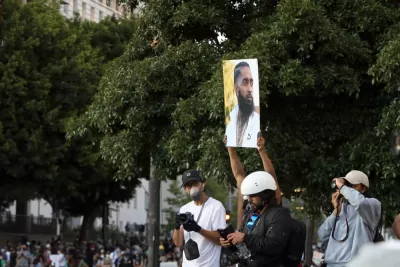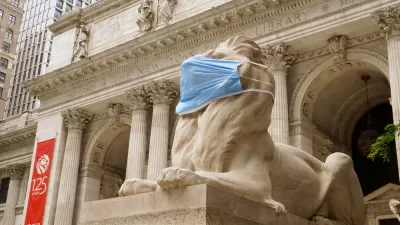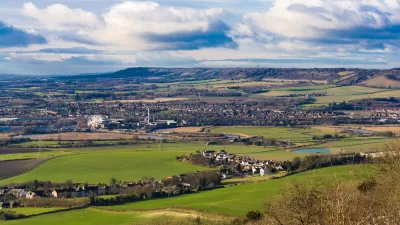Andre M. Perry’s "Know Your Price: Valuing Black Lives and Property in America’s Black Cities" reveals the web of historical and contemporary socioeconomic barriers that maintain the racial wealth divide.

After years of presenting on racial economic inequality and the racial wealth divide, I have learned that it is essential to attack head-on the myths and false narratives that justify racial economic inequality before one can begin to approach solutions to this issue. One must face the underlying myth that the United States is the land of economic mobility and that there is a robust middle class that all have equal access to, if they are willing to put in the individual effort. Andre M. Perry’s Know Your Price: Valuing Black Lives and Property in America’s Black Cities reveals the web of historical and contemporary socioeconomic barriers that maintain the racial wealth divide and does this through personal narrative, history, and an exploration of a wide array of social issues.
Perry is known for his professional and academic credentials, including being a fellow at the Metropolitan Policy Program at Brookings and a scholar-in-residence at American University. Yet Perry clarifies that his personal life story is one of his most important credentials in analyzing Black asset poverty’s causes and barriers.
Perry’s introduction provides the most powerful summation of the arguments of the book. Through his story of being raised by a working-class matriarch in a declining middle-class Black city, Perry paints a portrait from which we can see the socioeconomic challenges individuals and households face and how these challenges are embedded in a racially discriminatory political economy. While acknowledging the ups and downs in his family’s life, Perry convincingly argues that ...
FULL STORY: Valuing Black Lives and Black Cities: A Review of Know Your Price

Planetizen Federal Action Tracker
A weekly monitor of how Trump’s orders and actions are impacting planners and planning in America.

Congressman Proposes Bill to Rename DC Metro “Trump Train”
The Make Autorail Great Again Act would withhold federal funding to the system until the Washington Metropolitan Area Transit Authority (WMATA), rebrands as the Washington Metropolitan Authority for Greater Access (WMAGA).

The Simple Legislative Tool Transforming Vacant Downtowns
In California, Michigan and Georgia, an easy win is bringing dollars — and delight — back to city centers.

The States Losing Rural Delivery Rooms at an Alarming Pace
In some states, as few as 9% of rural hospitals still deliver babies. As a result, rising pre-term births, no adequate pre-term care and harrowing close calls are a growing reality.

The Small South Asian Republic Going all in on EVs
Thanks to one simple policy change less than five years ago, 65% of new cars in this Himalayan country are now electric.

DC Backpedals on Bike Lane Protection, Swaps Barriers for Paint
Citing aesthetic concerns, the city is removing the concrete barriers and flexposts that once separated Arizona Avenue cyclists from motor vehicles.
Urban Design for Planners 1: Software Tools
This six-course series explores essential urban design concepts using open source software and equips planners with the tools they need to participate fully in the urban design process.
Planning for Universal Design
Learn the tools for implementing Universal Design in planning regulations.
Smith Gee Studio
City of Charlotte
City of Camden Redevelopment Agency
City of Astoria
Transportation Research & Education Center (TREC) at Portland State University
US High Speed Rail Association
City of Camden Redevelopment Agency
Municipality of Princeton (NJ)





























